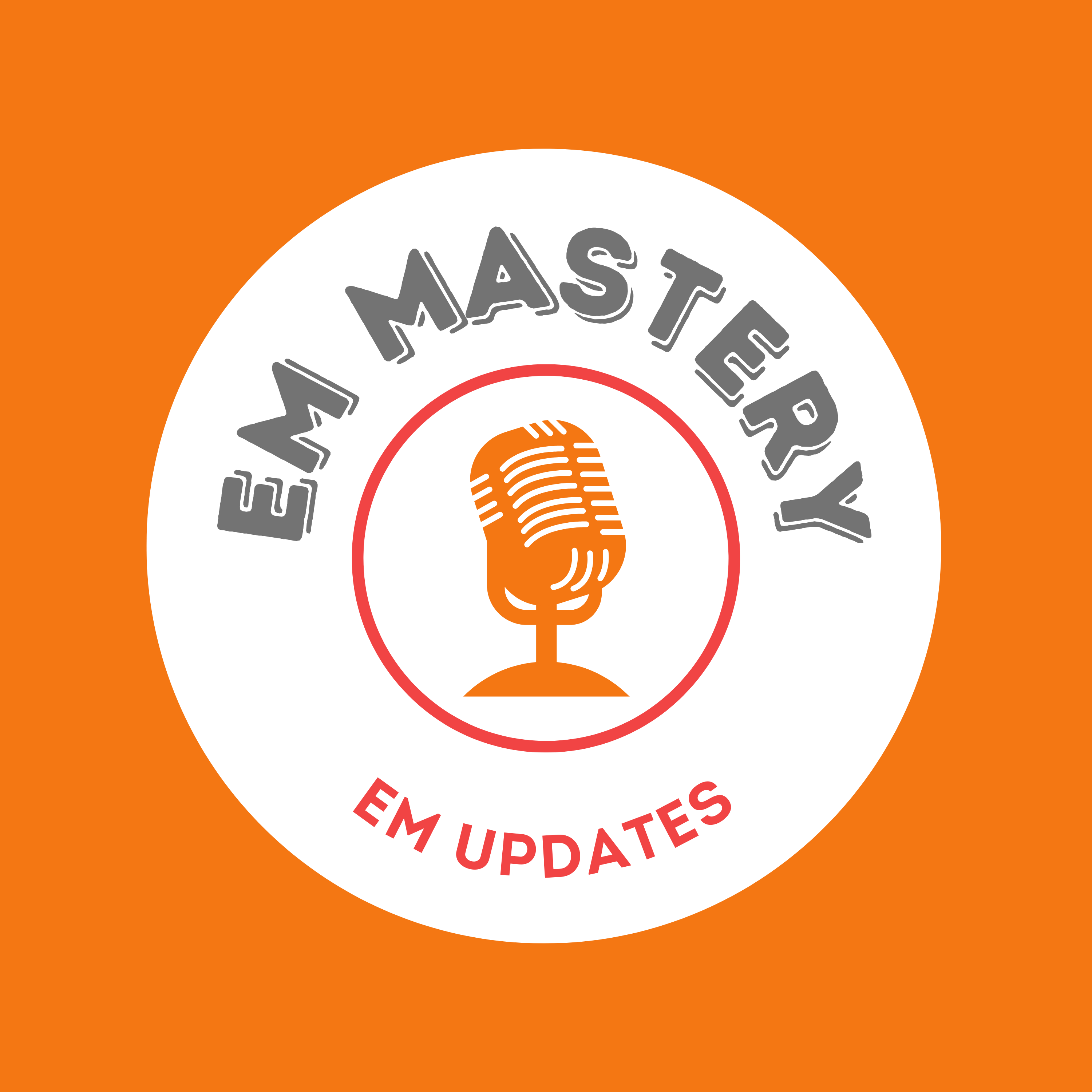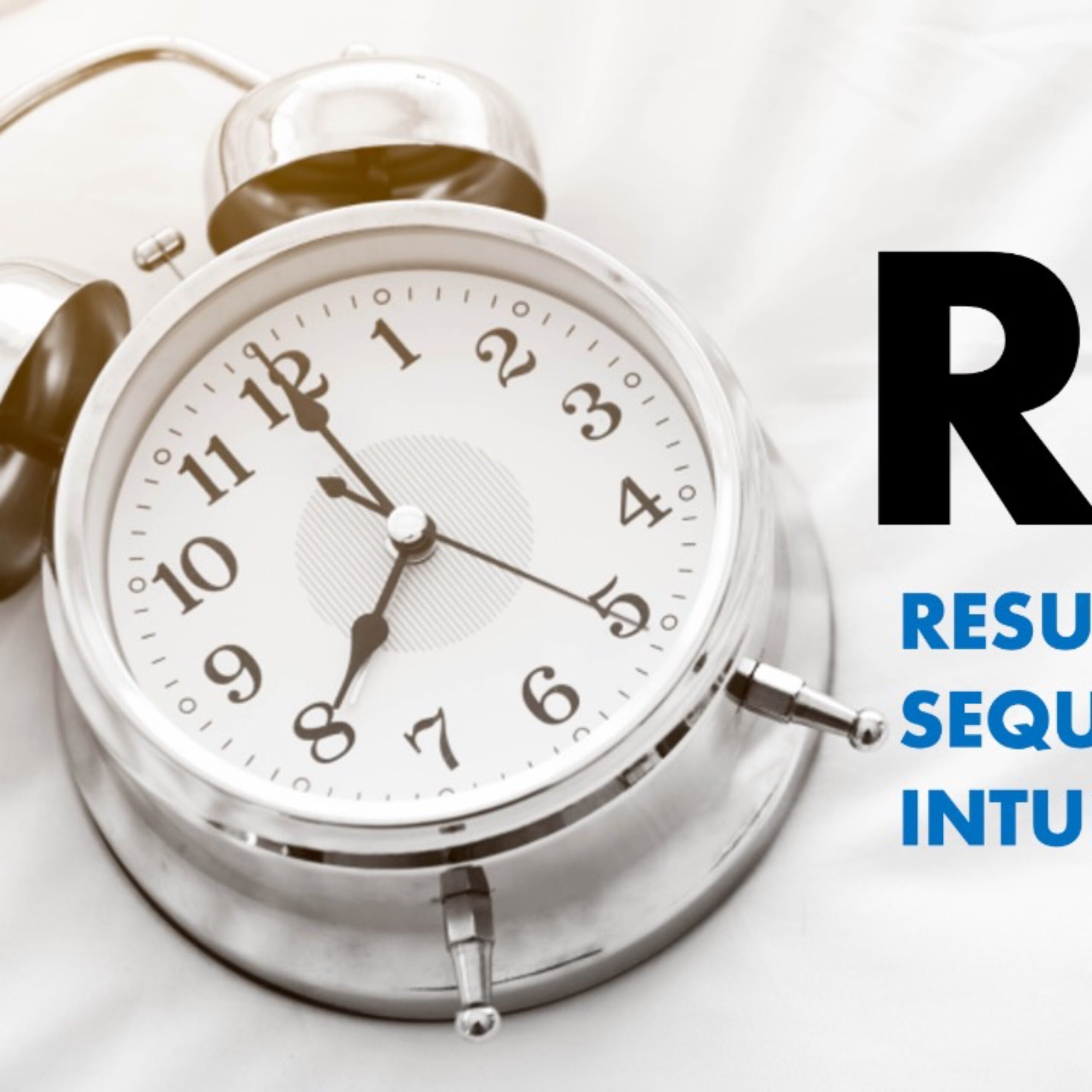Beware the 4 main areas that can result in cardiac arrest peri-intubation.
Hypotension
Positive pressure ventilation secondary to intubation, increases intrathoracic pressure which increases right atrial pressure resulting in decreased pressure differential and less blood coming back into the heart.
What may help
- Volume resuscitation may increase cardiac output
- If patients are not fluid responsive, vasopressors may be used: Noradrenaline is the drug of choice.
- Adrenaline 10-50mcg boluses can be used as needed for BP
- Metaraminol can be used: Increases peripheral vascular resistance, Increases force of myocardial contraction
- Beware induction agents: Benzodiazepines and Propofol- Sympatholytic effect- myocardial depression and decreased vascular tone. Ketamine is the preferred agent gives sympathetic surge
- Identify patients susceptible to hypotension post intubation have pre-intubation hypotension and a Shock Index > 0.8
- Aim for higher BP ie SBP of 140 mm Hg
Hypoxaemia
What may help
- Maximise oxygenation: Nasal canula at 15L/min + NRB or BVM (with PEEP)
- HFNC
- CPAP with PEEP
Severe Metabolic Acidosis
What may help
- Avoid intubating these patients
- No evidence that Bicarb helps but HCO3-> H20 + CO2
- Can use NIPPV
- If have to intubate the patient, avoid paralysis if possible, or use very short acting neuromuscular blocker such as suxamethonium.
- Allow the patient to maintain their spontaneous respirations. Beware of Fatigue and air trapping
- Consider Pressure assisted VAPOX.
Right Ventricular Failure
What may help
- Beware fluid challenge as the volume overloaded right ventricle can can affect LV filling decreasing stroke volume. Bedside ECHO can tell us about the RV
- Pre-oxygenate
- Use haemodynamically neutral induction agents eg., ketamine
- Noradrenaline can increase mean arterial pressure > pulmonary arterial pressure.
Please also read the review of Cardiac Arrest Complicating Emergency Airway Management
References
- Zuercher M et al . Cardiac arrest during anesthesia. Curr Opin Crit Care 2008;14:269–74.
- Heffner AC et al. Incidence and factors associated with cardiac arrest complicating emergency airway management. Resuscitation 84(2013) 1500-1504.

